Recently Juho Kim, a Ph.D. student at MIT, Rob Rubin, the VP of Engineering at edX, and Philip J. Guo from the University of Rochester How Video Production Affects Student Engagement: An Empirical Study of MOOC Videos at the ACM Conference on Learning at Scale (L@S).
Get Started for FREE
Sign up with Facebook Sign up with X
I don't have a Facebook or a X account
 Your new post is loading... Your new post is loading...
 Your new post is loading... Your new post is loading...

ChristopherBell's curator insight,
January 14, 2015 7:33 PM
This is very timely for us at International School Bangkok as we are re-visiting curriculum and technology integrations. Just had to share this infographic from ISTE. 
Ricard Garcia's curator insight,
February 12, 2015 2:24 AM
How to implement a new classroom and learning paradigm: A nice outline

Deanna Dahlsad's curator insight,
October 15, 2013 3:59 PM
Robin Good of Content Curation World breaks the findings down thus: a) what people curate as relevant is not generally among the top ranked results according to popular metrics. Good stuff is not the same as what is considered normally popular or authoritative stuff. b) content curation allows a community to synchronize around specific issues and subjects (as anticipated by Clay Shirky) c) better and more appreciated curation is of the "structured" kind, providing additional info, meta-data and categorization. d) curators that are highly appreciated are characterized by consistent activity and by a variety of interests (or viewpoints under the same theme) that they are capable to cover. This is rather my experience; however, I usually explain it to my clients this way: a) You can be doing an excellent job, but never receive the recognition, popularity, or traffic you deserve.That doesn't mean you won't be appreciated greatly by the smaller group of people who do find/read your curated works. b) No matter the popularity of your curation, you can build and have conversations -- but remember, community cultivation not only requires additional time, but a different skill set. c) If you're going to do it, do it well. Use tools, such as labels and tags, and *always* provide context as well as proper credits and links. d) Consistent activity is nearly as important as showing some personality along with your knowledge. Your topic may be narrowly focused, but offer additional topics and information about you personally (not just professionally) so that people get a sense of you. 
Carmenne Kalyaniwala's curator insight,
October 16, 2013 2:17 AM
A research paper by Zhong, Shah, Sundaravadivelan and Sastry, King's college London, 2013 
AnneMarie Cunningham's curator insight,
October 17, 2013 8:28 AM
See the excellent notes from Robin Good below. Interesting to see more work emerging in this field.
Beth Dichter's curator insight,
July 18, 2013 10:38 AM
This is the last of a series of three posts that looked at "teaching and learning with an iPad." This post looks at if from a student perspective and discusses three lessons learned (as well as providing data from this 3-year study). The three lessons discussed are: * Lesson 1: Organization * Lesson 2: Timely Workflow and Communication * Lesson 3: Information Access Access to Part 1 and Part 2 of this series are available at the end of the post. Part 1 look at the lessons learned from the viewpoint of an administrator. The three lessons discusses in this post are: * Lesson 2: Staff Development and Support * Lesson 3: Be A Model Part 2 of the series explored the viewpoint from a teachers perspective. The three lessons in this post discussed: * Lesson 1: Change of Habit * Lesson 2: Success is in the Support * Lesson 3: 1:1 iPads Changing Students Performance For those whom may be pushing out iPads this year or for those using iPads the information in these 3 posts is valuable, esp. since it covers a 3-year period and the perspectives of the 3 key parties involved.
Beth Dichter's curator insight,
January 31, 2013 10:18 PM
What would happen if education shifted away from the cohort system that is used to one based on competency? This report looks at this issue in depth. The page that is linked to includes a full report, an executive summary, a link to the infographic (of which part is shown here), and a link to download the infographic. Perhaps the first question to ask is what is competency education? "CompetencyWorks defines competency education as a system of education, often referred to as proficiency or mastery based, in which students advance upon mastery. Competencies include explicit, measurable, transferable learning objectives that empower students. Assessment is meaningful and serves as a positive learning experience for students. Students receive timely, differentiated support tailored to their individual learning needs. Learning outcomes include the application and creation of knowledge, along with the development of important skills and dispositions." For a quick overview check out the infographic, which discusses: * Why Competency? * 10 Design Choices * 10 New Capabilities of a Competency-Aligned System * What Does Competency Education Mean for Students?

Louise Robinson-Lay's comment,
December 23, 2012 8:26 PM
Thank you, we all need to move between frameworks.

Dolly Bhasin 's curator insight,
December 27, 2012 3:10 AM
The framework is based on a distinction between a monological, a dialogical, and a polyphonic form of teaching. The three forms of teaching can be distinguished by their different perceptions of how learning takes place, and by their different perceptions of the relations between subject matter, teacher and student. By considering which form of teaching one wants to practice, one may, on the basis of the pedagogical framework, assess whether it would be appropriate to use a specific tool in teaching. 
Alfredo Corell's curator insight,
December 27, 2012 6:44 PM
changing among 4 different frameworks - interesting and short reading |

Jim Lerman's curator insight,
August 5, 2013 1:43 AM
A great resource that I'm just beginning to dig into. Make sure to check it out if the description above appeals to or interests you.

Patricia LeClaire's comment,
April 11, 2013 11:25 AM
Developing trust and reciprocal awareness among virtual student teams is essential in effective group formation and performance - particularly in short-duration, high-stakes projects.

Patrizia Bertini's curator insight,
December 30, 2012 5:59 AM
I see! - goes together with embodied cognition? It seems so... Infographics as a key? 
bancoideas's curator insight,
December 30, 2012 9:28 AM
Ideas acerca de las ideas que tenemos sobte nosotros/as mismos/as y el mundo que co-construimos 
Denise Eler's curator insight,
June 30, 2015 7:26 PM
Quando um gestor pede que uma apresentação de 80 slides seja condensada em 3 slides, ou uma página A3, não tenha dúvida: isto vai exigir de você mais que capacidade de síntese textual. Pensar visualmente, especialmente, criando diagramas é uma competência valiosa. Vejo isso durante meus cursos e vivência com profissionais das mais variadas indústrias. A boa notícia é que dá para aprender ;) |





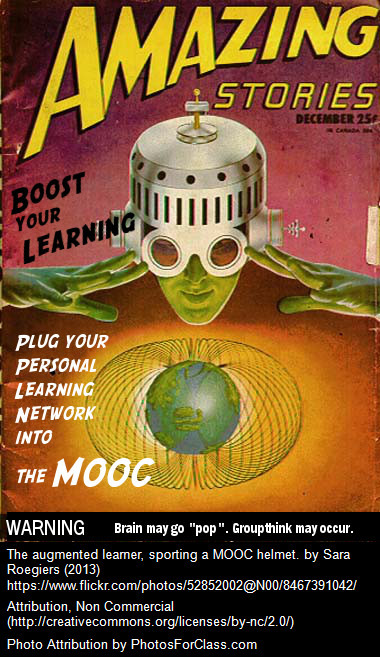


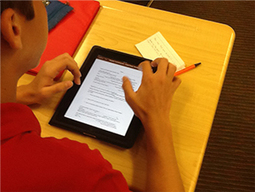

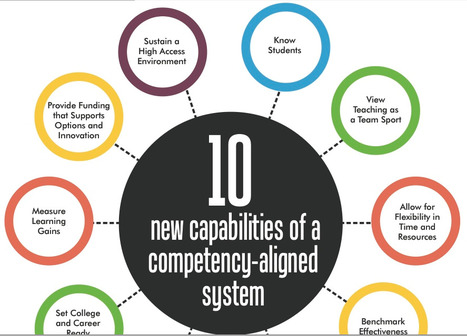


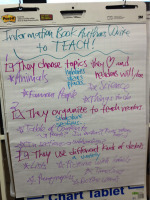
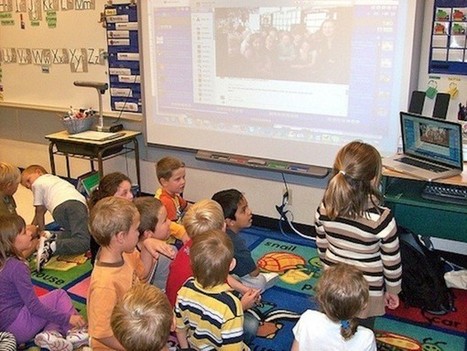

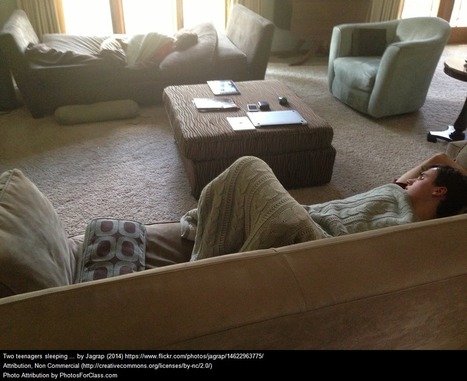






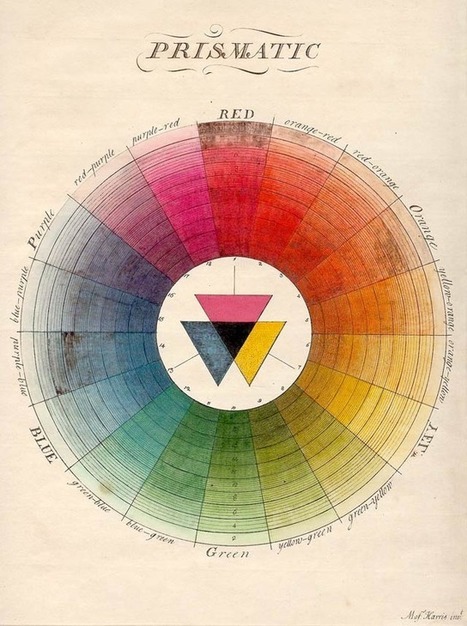
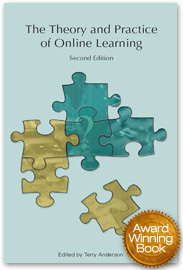






Interesantes resultados y recomendaciones que surgen de un estudio realizado a partir del análisis de la data recogida de la observación de 6.9 millones de sesiones de videos por parte de estudiantes de cuatro cursos edX y de entrevistas con equipos de producción de dichos videos. Se midió el nivel de interés (engagement) que estos videos provocaron en los estudiantes de manera indirecta a través del tiempo en que estos permanecían observando el video. Aún cuando esta no es ni siquiera una buena medida para comprender el impacto de estos contenidos multimedia en el aprendizaje de los alumnos, el estudio brinda algunas interesantes luces sobre como deben producirse estos videos para fines educativos y conseguir al menos que los estudiantes no se aburran rápidamente con ellos.